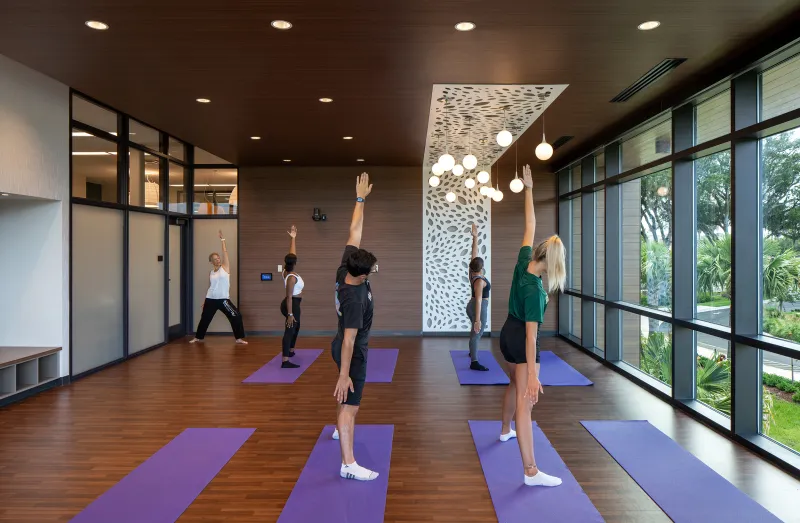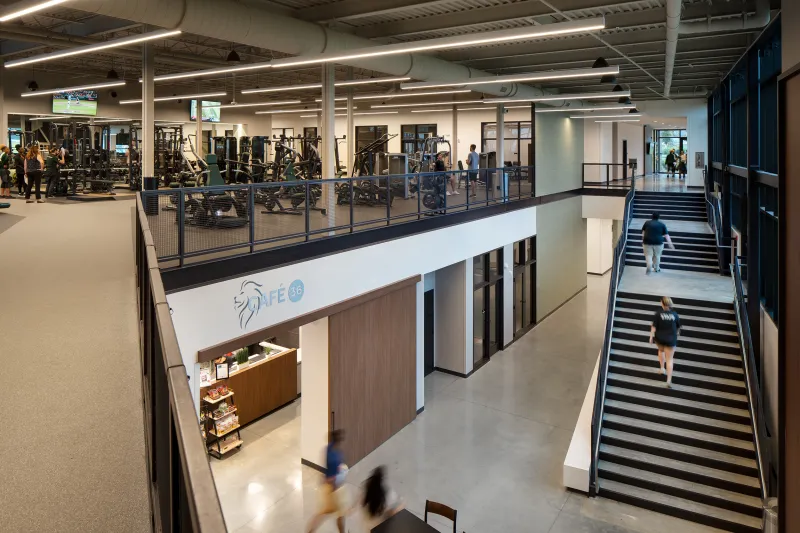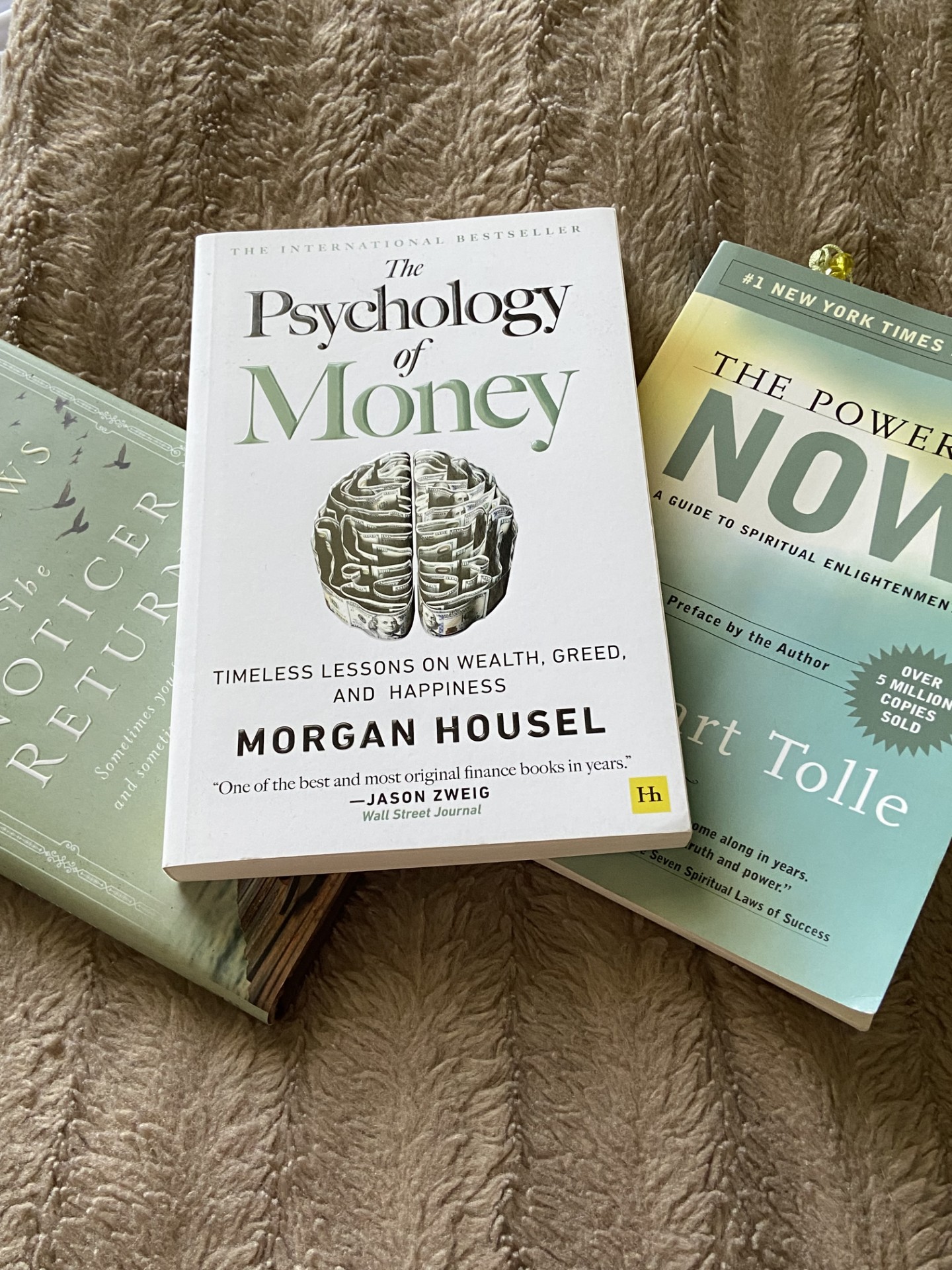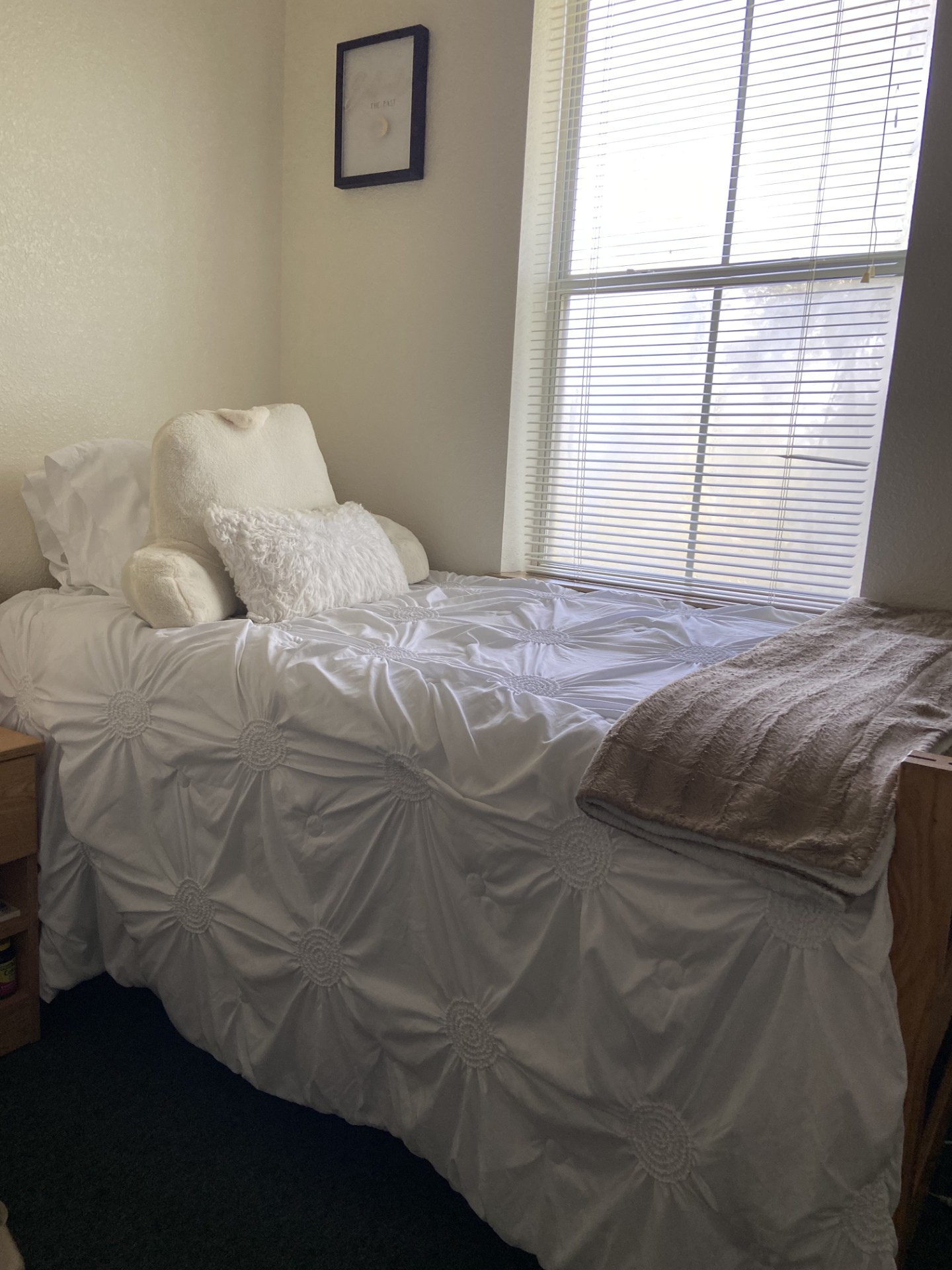By Sayuri Vargas-Hernandez, Contributing Writer
Sleep is essential for the human body, as it helps improve mood, energy, and concentration. However, statistics show that college students often lack sufficient sleep in their daily routines, which can hinder academic performance.
College students who sleep seven or more hours can accomplish more throughout the day. This allows them to retain more information during classroom periods or have better results from study sections for an important exam.


“Getting enough sleep allows our bodies to recover, and getting enough makes me more confident and productive. I wouldn’t be tired of doing what I need to do and studying for the exams I have to finish”, said Andres Cubillos, a senior majoring in criminal justice.
When students don’t get enough sleep, it can affect their grades, often leading them to study longer hours just to pass the class.
“I had to start reteaching myself every in-class topic so that I could keep up. Sometimes, especially in my case, if you get more stressed out, you can start experiencing things like sleep paralysis,” said Jasmine Kelly, a junior majoring in history and international studies.
Students can have trouble sleeping and learning in class because it can be related to mental health or family issues. This can affect their classroom behavior, school engagement, and peer relationships.
“A couple of years ago, I dealt with insomnia as a byproduct of PTSD, which made it worse for me to get out and go to college. I usually wouldn’t fall asleep until about 6-7 a.m., so that would typically mean less than three hours of sleep, which made it hard to focus and grasp concepts in class,” said Kelly.
Some students may spend excessive amounts of time on activities such as watching movies or series, scrolling through social media, and hanging out with friends and family. This can cause problems in the long run by shortening sleep duration, contributing to sleep disorders like insomnia, and reducing overall sleep quality.



Sleep should be taken seriously during students’ academic journey because it can benefit students when studying for exams or midterms.
“You can think clearly and make good decisions under pressure when well rested, especially during an exam,” said Stevenson Michel, a junior majoring in biomedical science.
“When studying, being well rested is crucial to remembering the material and making better connections under stress,” said Michel.
Adequate sleep promotes physical and mental well-being, which can improve academic performance and help students prepare for important exams throughout the semester.





